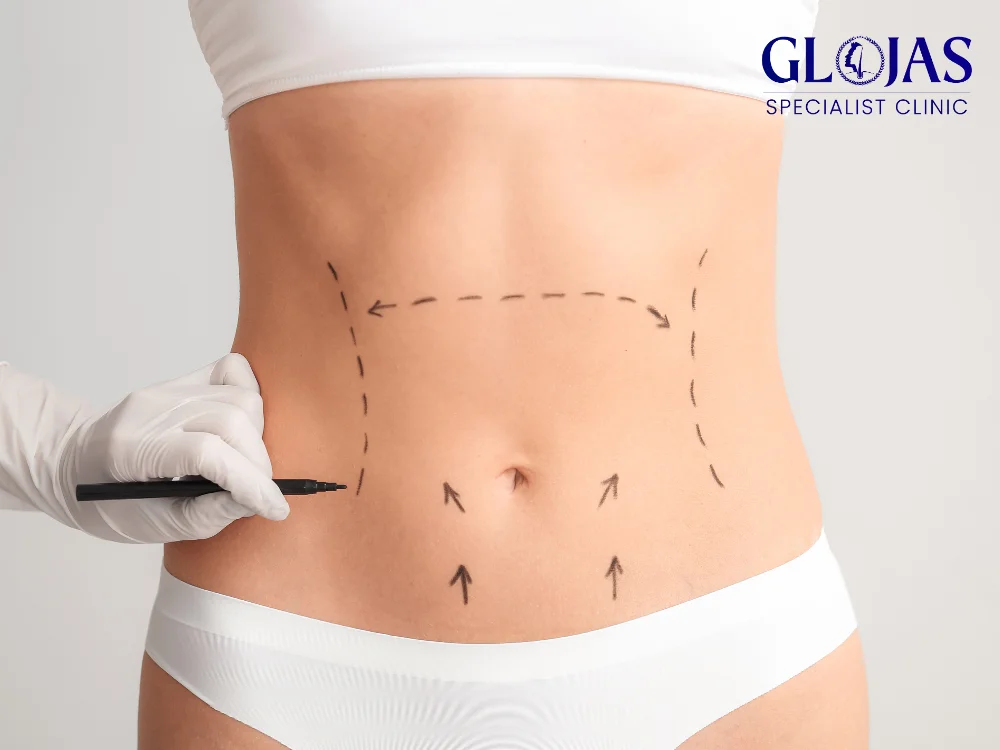Abdominoplasty: 10 Transformative Benefits You Need to Know

Abdominoplasty, commonly known as a “tummy tuck,” has become one of the most popular procedures for individuals seeking a toned, flat abdomen. While often associated with aesthetic improvements, abdominoplasty offers a host of benefits that go beyond appearances, helping to improve physical health, enhance self-confidence, and address issues resulting from weight loss or pregnancy. In […]



